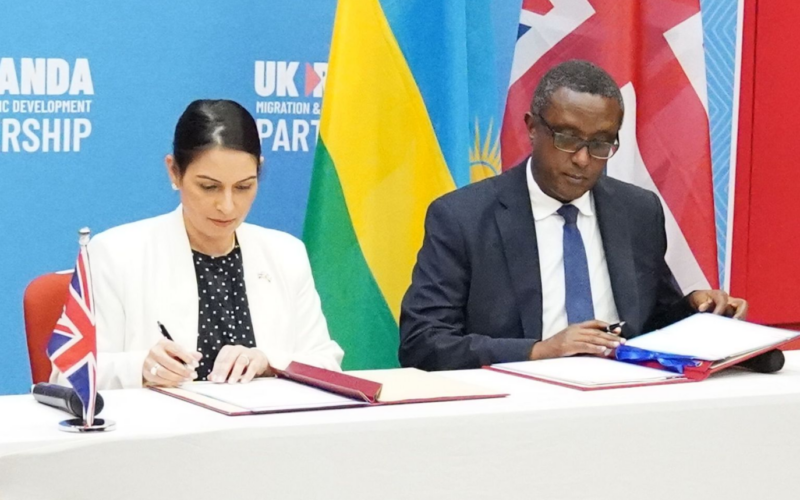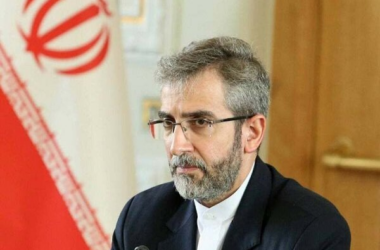Recent data analysis has unveiled the financial implications of Rwanda’s proposed asylum plan for the United Kingdom, indicating that each asylum seeker processed under the scheme could cost the UK government approximately £1.8 million. The revelation has sparked debate and scrutiny over the efficacy and cost-effectiveness of outsourcing asylum processing to foreign nations, raising questions about the moral and practical dimensions of such arrangements.
The proposed asylum plan, which involves relocating asylum seekers from the UK to Rwanda for processing, represents a departure from traditional approaches to refugee resettlement and asylum adjudication. Advocates argue that the scheme offers a pragmatic solution to alleviate the burden on the UK’s overstretched asylum system while providing protection and support to vulnerable individuals fleeing persecution and conflict.
However, critics have raised concerns about the exorbitant costs associated with the Rwanda plan, arguing that the substantial financial outlay could be better utilized to improve domestic asylum processing capabilities and support services. Moreover, they question the ethical implications of outsourcing asylum responsibilities to a country with a limited capacity to provide adequate protection and assistance to refugees.
The revelation that each asylum seeker processed under the Rwanda plan could incur a cost of £1.8 million for the UK government has intensified scrutiny of the scheme’s viability and value for money. The figure, derived from an analysis of government expenditure and projected migration flows, underscores the significant financial investment required to implement and sustain the program.
Proponents of the Rwanda plan contend that the high cost per asylum seeker is justified by the benefits of streamlining asylum processing, enhancing border security, and reducing the strain on the UK’s asylum system. They argue that outsourcing asylum responsibilities to Rwanda will enable the UK government to more effectively manage migration flows and ensure that genuine refugees receive timely protection and support.
However, skeptics question the rationale behind spending such vast sums on an overseas asylum scheme, particularly when domestic asylum processing facilities are in dire need of investment and improvement. They argue that the £1.8 million cost per asylum seeker could be more efficiently allocated to address systemic issues within the UK’s asylum system, such as lengthy processing times, inadequate accommodation, and limited access to legal representation.
Moreover, concerns have been raised about the implications of offshoring asylum processing to a country with a questionable human rights record and limited capacity to provide adequate protection to refugees. Rwanda, despite its progress in economic development and stability, faces challenges in upholding human rights standards and ensuring the safety and well-being of vulnerable populations, including asylum seekers and refugees.
As the debate over the Rwanda asylum plan continues to unfold, stakeholders are grappling with complex moral, legal, and practical considerations. While proponents emphasize the need for innovative solutions to address the global refugee crisis and manage migration flows, critics caution against sacrificing fundamental principles of fairness, transparency, and accountability in pursuit of short-term expediency.
Ultimately, the decision to proceed with the Rwanda asylum plan will require careful deliberation and scrutiny, weighing the potential benefits and risks against the substantial financial costs and ethical implications. As policymakers grapple with these challenges, the plight of asylum seekers and refugees worldwide serves as a poignant reminder of the urgent need for comprehensive and compassionate responses to forced displacement and persecution.








